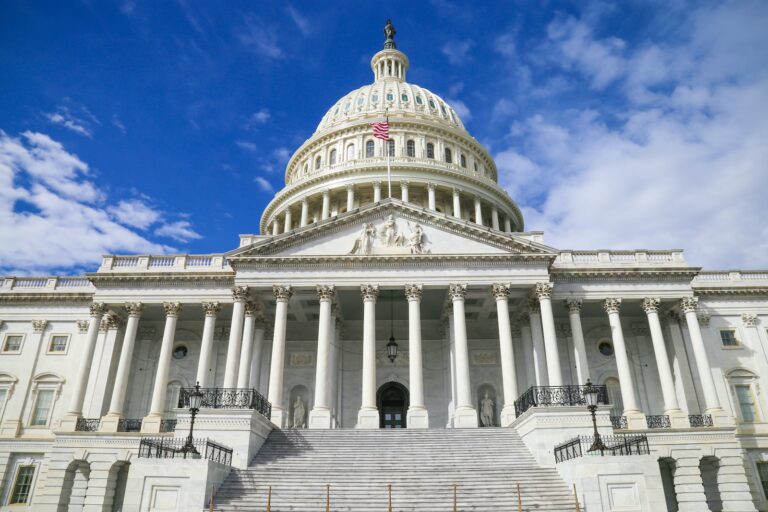Earlier this month, Whiteboard Advisors hosted our third annual Inside Out Policy Forum in Washington, DC, where policymakers and school leaders take questions from entrepreneurs and investors on the state of and outlook for the way we learn and work. The K-12 panel gave attendees insights on the direction and pace of the projects that are most significant to them. The panel included:
-
Dr. Lewis Ferebee, Chancellor of DC Public Schools;
-
Mark Johnson, Superintendent of the North Carolina Department of Public Instruction;
-
Chris Rinkus, Deputy Assistant Secretary at the U.S. Department of Education;
-
Brad Thomas, Senior Policy Advisor at the House Committee on Education and Labor (Republican); and
-
Lakeisha Steel, Professional Staff Member at the House Committee on Education and Labor (Democrat).
Each panelist addressed the issues that are most likely to improve the way schools operate and students learn. While there are many nuances to their work, here are the top three issues the panel identified.
-
Early learning. Dr. Ferebee observed the importance of expanding early learning options for all 3 and 4-year-olds in the city and connecting those students and families to wider municipal efforts to improve opportunities for and instill a culture of lifelong learning.
-
Personalized learning. Superintendent Johnson connected the importance and impact of early learning to North Carolina’s work to create more personalized learning pathways. The state is engaging in a long-term effort to roll out high-quality personalized learning programs, fully recognizing that parental and community buy-in is critical to success.
-
New perspectives on equitable educational opportunities. Rinkus touched on a wide range of initiatives by connecting them to the use of new school-level financial transparency. School leaders and communities will be able to associate expenditure data with program implementation and outcome data to tell a story about the effective use of funding across individual schools. New conversations on equitable and effective investment strategies will merge with long-standing concerns about school diversity and integration, which are top of mind for House Democrats and Republicans, to refresh the ways we think about equitable educational opportunities for at-risk students.
All of the panelists made it clear that these issues are not isolated destinations. Rather, the initiatives are interconnected and continually evolving and improving. This process of constant iteration and improvement relies on the increasing wealth of data available to school leaders (both programmatic and financial) — and it depends on tools that help educators wrangle and use that data, which are made possible by the entrepreneurs and investors in the sector. We are all in this together.




